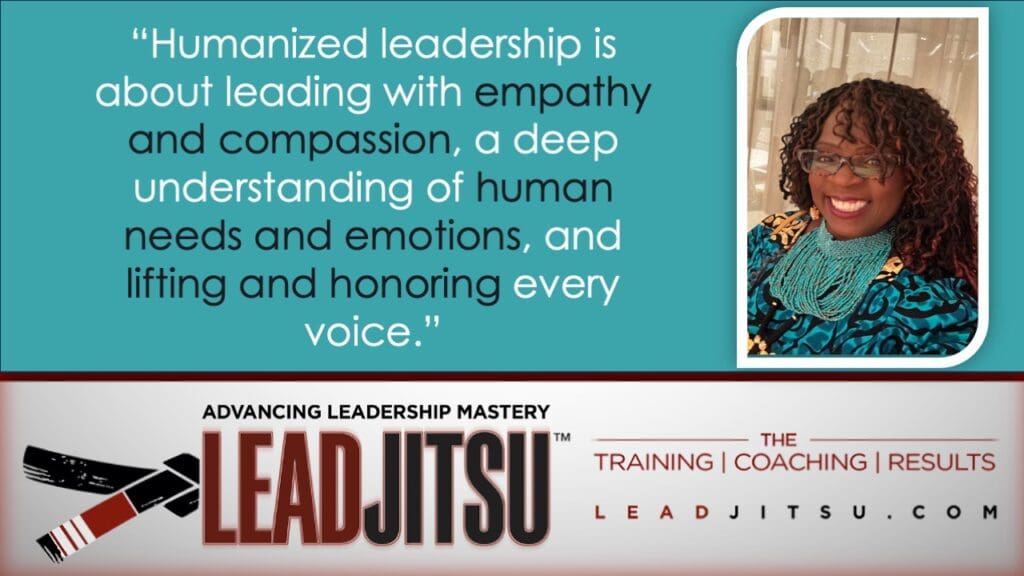What's the Difference?
In the world of leadership theories and practices, it is essential to understand the diversity of leadership models available and how they compare. Here, we delve into various prominent leadership models and juxtapose them with LEADJITSU Humanized Leadership, a more holistic approach designed to address the multifaceted challenges of modern leadership.
1. Transformational Leadership
Key Features:
- Focuses on inspiring and motivating followers.
- Emphasizes vision, change, and innovation.
- Leaders act as role models and mentors.
Comparison with LEADJITSU: While transformational leadership centers on inspiring change and innovation, LEADJITSU Humanized Leadership goes further by integrating emotional intelligence and cultural sensitivity. LEADJITSU not only motivates but also emphasizes respect, empathy, and individual well-being, ensuring a more harmonious and inclusive environment.
2. Transactional Leadership
Key Features:
- Based on a system of rewards and penalties.
- Emphasizes structured tasks and clear goals.
- Leaders focus on short-term tasks and performance.
Comparison with LEADJITSU: Transactional leadership’s focus on structure and rewards is effective for achieving specific goals, but it often lacks the human touch. LEADJITSU Humanized Leadership incorporates transactional elements but enhances them with principles of emotional intelligence, well-being, and long-term growth, fostering a more sustainable and engaged workforce.
3. Servant Leadership
Key Features:
- Leaders prioritize serving others.
- Emphasizes listening, empathy, and stewardship.
- Focus on the growth and well-being of followers.
Comparison with LEADJITSU: Servant leadership’s emphasis on serving others aligns with LEADJITSU’s principles of respect and empathy. However, LEADJITSU extends this by integrating strategic leadership, emotional intelligence, and personal development, creating a balanced approach that serves both the organization’s and individuals’ needs.
4. Situational Leadership
Key Features:
- Adapts leadership style based on the situation.
- Emphasizes flexibility and responsiveness.
- Leaders assess followers’ needs and adjust their approach accordingly.
Comparison with LEADJITSU: Situational leadership’s adaptability is a strength that LEADJITSU Humanized Leadership builds upon. LEADJITSU not only adapts to situations but also incorporates a deeper understanding of human dynamics, cultural nuances, and emotional states, offering a more nuanced and effective leadership style.

5. Authentic Leadership
Key Features:
- Leaders are genuine and transparent.
- Emphasizes self-awareness and ethical behavior.
- Leaders build trust through authenticity.
Comparison with LEADJITSU: Authentic leadership’s focus on genuineness and ethics is a cornerstone of LEADJITSU. However, LEADJITSU Humanized Leadership also incorporates elements of strategic vision, adaptability, and a strong emphasis on collective well-being, making it a more comprehensive approach.
6. Charismatic Leadership
Key Features:
- Leaders possess charm and inspire devotion.
- Focuses on the leader’s personal attributes.
- Often leads to high levels of enthusiasm and commitment.
Comparison with LEADJITSU: While charismatic leadership relies on the leader’s personal appeal, LEADJITSU Humanized Leadership combines charisma with emotional intelligence, strategic insight, and a commitment to the holistic development of team members, ensuring that the leadership impact is both profound and sustainable.
The Comprehensive Edge of LEADJITSU Humanized Leadership
Holistic Approach: LEADJITSU Humanized Leadership stands out with its holistic approach that integrates emotional intelligence, strategic thinking, cultural sensitivity, and personal well-being. This ensures that leaders are not just effective but also compassionate and adaptive.
Emphasis on Well-being: Unlike many traditional models that focus solely on performance and outcomes, LEADJITSU places a significant emphasis on the well-being of both leaders and followers. This fosters a healthier, more engaged, and productive work environment.
Cultural Sensitivity: In a globalized world, understanding and respecting cultural differences is crucial. LEADJITSU incorporates cultural intelligence, ensuring leaders can navigate and bridge cultural gaps effectively.
Emotional Intelligence: LEADJITSU’s integration of emotional intelligence enables leaders to connect with their teams on a deeper level, fostering trust, loyalty, and high morale.
Strategic Flexibility: By blending various leadership principles, LEADJITSU offers strategic flexibility, allowing leaders to adapt to different situations and challenges with ease and confidence.
Disciple’s Accountability: Inspired by martial arts, LEADJITSU incorporates a strong sense of disciple’s accountability. This principle ensures that leaders and team members alike uphold high standards of integrity, discipline, and responsibility, fostering a culture of continuous improvement and mutual respect.
LEADJITSU Humanized Leadership provides a comprehensive, adaptable, and empathetic approach that surpasses many traditional models. By combining the best elements of various leadership theories with a strong emphasis on human dynamics, LEADJITSU equips leaders to not only achieve their goals but also to cultivate thriving, harmonious teams.
The LEADJITSU System provides the roadmap.
We offer leadership training in Dallas Fort Worth, domestically and internationally.


